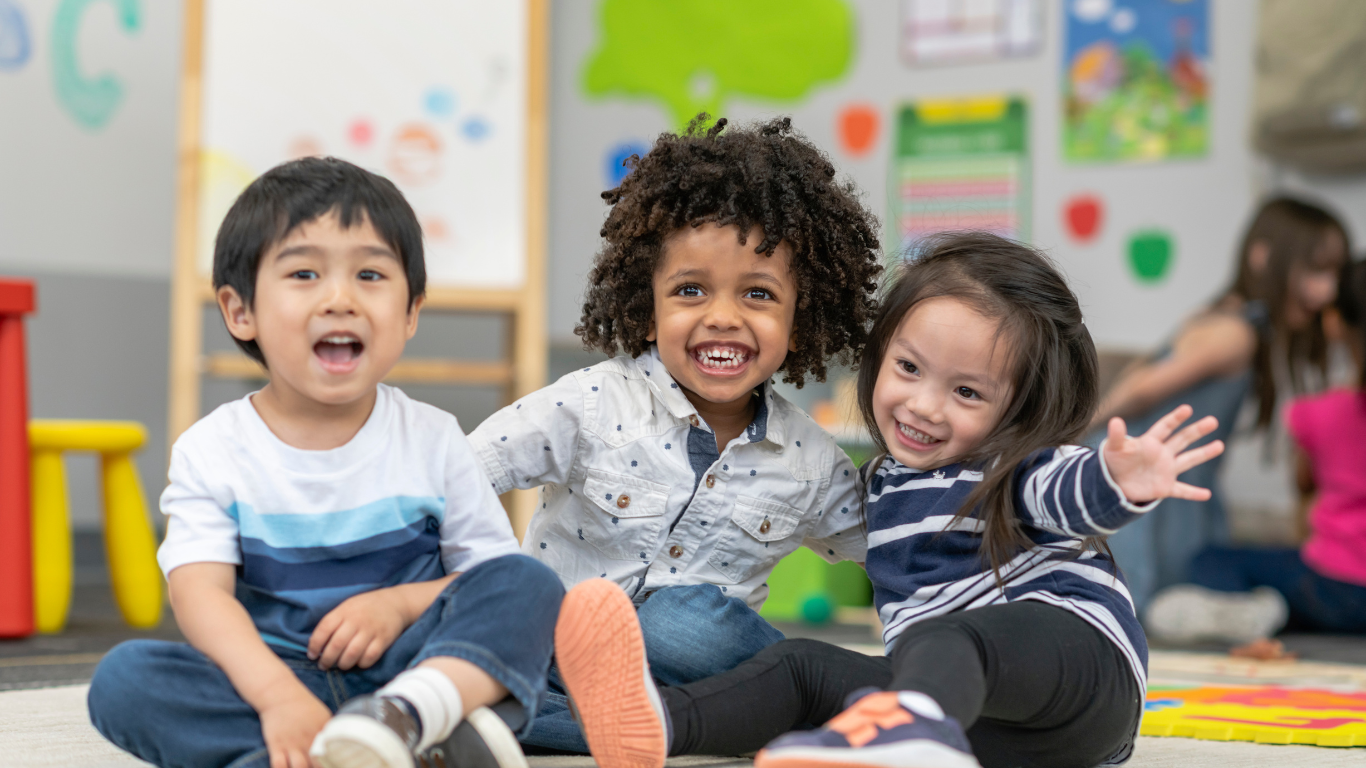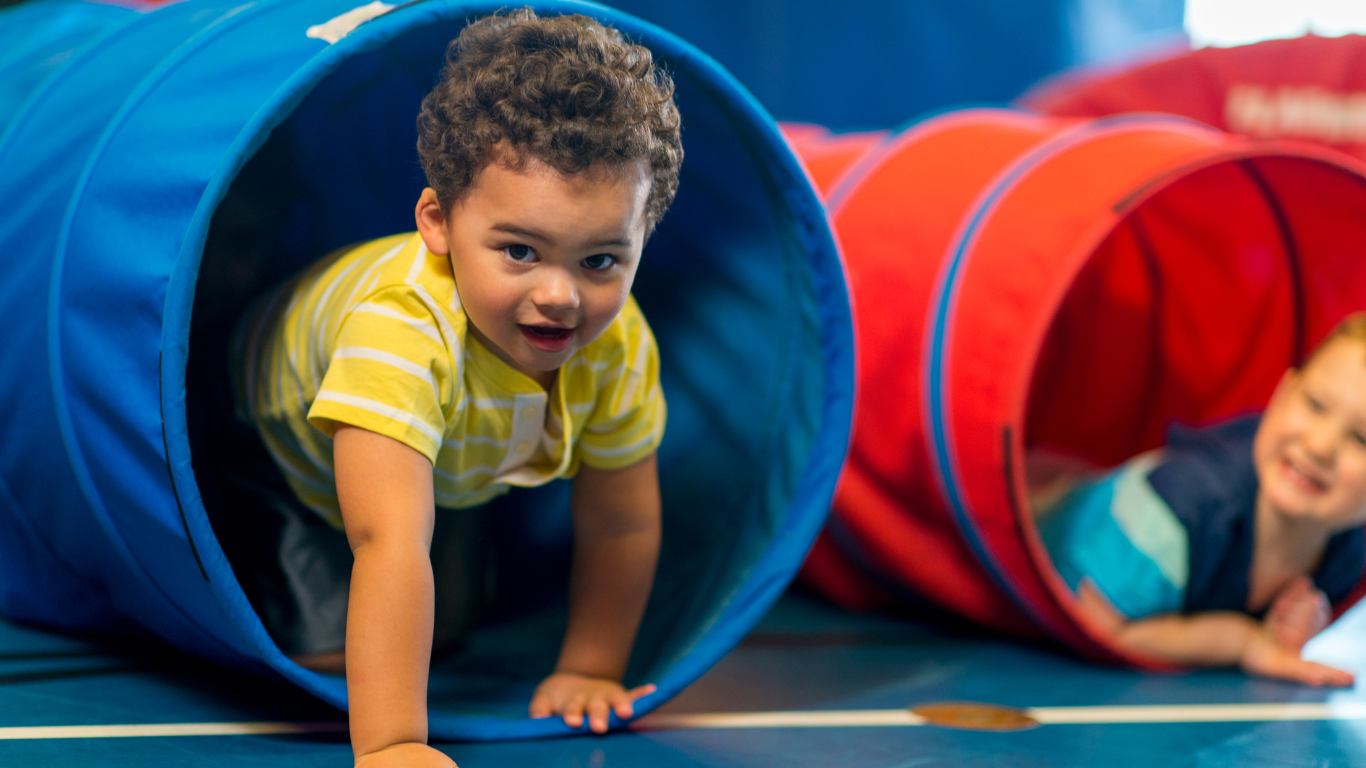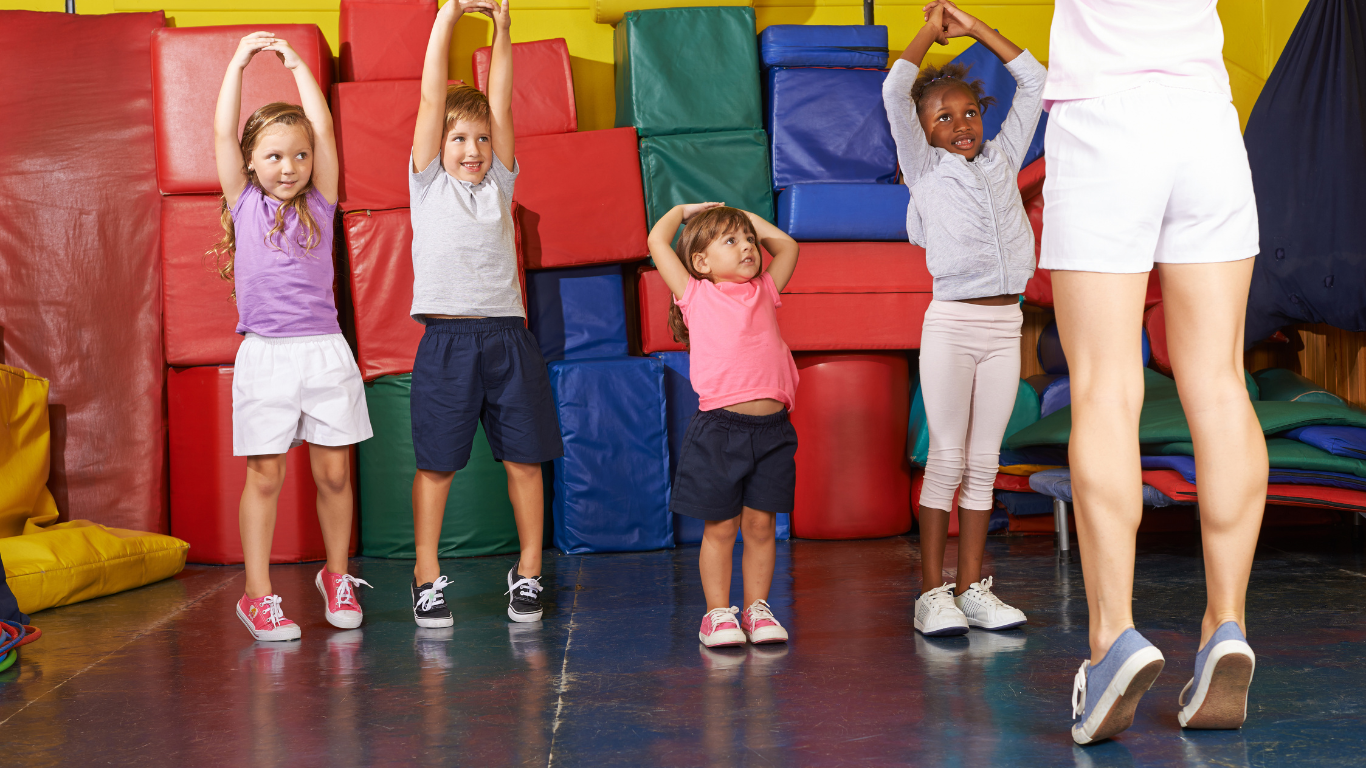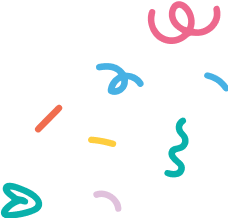Physical fitness is an integral part of our approach to early childhood development at Lions Kinder Gym. Through playful and age-appropriate activities, we encourage preschoolers to embrace a healthy and active lifestyle. Our program emphasizes activities that promote gross motor skills, coordination, balance, and strength. From fun games that encourage movement to outdoor adventures that stimulate exploration, our aim is to instill a love for physical activity at a young age. Through these engaging experiences, children develop confidence, social skills, and a foundation for lifelong fitness habits.



Active Adventures for Growing Bodies!
We ensure children get exercises and healthy activities to improve their physical health, cognitive development, social skills, and overall well-being. Our approach focuses on nurturing strong bodies, active minds, and fostering a positive attitude towards lifelong fitness.






Class teacher
By creating an environment that encourages movement, safety, and fun, we play a crucial role in promoting physical fitness and development in toddlers, laying a foundation for a healthy and active lifestyle.
Ana R. Mirabal
I believe that physical fitness is integral to a child’s holistic development. Through engaging and enjoyable activities, I aim to instill a lifelong love for movement and exercise while nurturing not just their physical health, but also their mental well-being, social skills, and overall academic success. I am committed to creating an environment where every child feels empowered to explore their physical capabilities, fostering habits that promote lifelong health and wellness.
Class timetable
Through these engaging experiences, children develop confidence, social skills, and a foundation for lifelong fitness habits.
| Monday | Tuesday | Wednesday | Thursday | Friday | Saturday |
|---|---|---|---|---|---|
| Monday | Tuesday | Wednesday | Thursday | Friday | Saturday |
|---|---|---|---|---|---|
Monday
Tuesday
Wednesday
Thursday
Friday
Saturday
Boosting Little Bodies, Nurturing Bright Minds: The Benefits of Physical Fitness for Preschoolers
Incorporating physical fitness into daycare activities not only promotes a healthy lifestyle but also contributes significantly to a child’s holistic development, fostering physical, cognitive, social, and emotional well-being.
Physical Health: Regular physical activities help in the development of fundamental motor skills, strength, flexibility, and coordination. It promotes healthy growth and development in children.
Cognitive Development: Physical activities stimulate brain function and enhance cognitive skills such as problem-solving, memory, attention span, and creativity. Exercise has been linked to improved academic performance and cognitive abilities in young children.
Social Skills: Participating in group physical activities encourages teamwork, cooperation, and social interaction. Preschoolers learn important social skills like sharing, taking turns, and communicating effectively while engaging in active play.
Emotional Well-being: Physical fitness contributes to emotional regulation and reduces stress in preschoolers. It helps release endorphins, promoting feelings of happiness and well-being, and can assist in managing emotions.
Healthy Habits: Early exposure to physical activities establishes a foundation for a lifelong commitment to health and fitness. Children learn to enjoy being active, which can reduce the risk of obesity and health-related issues later in life.
Better Sleep: Regular physical activity often leads to improved sleep patterns, which is crucial for the overall health and development of preschoolers.
Confidence and Self-esteem: Achieving physical milestones and being active boosts a child’s confidence and self-esteem. It helps them feel capable and accomplished.
